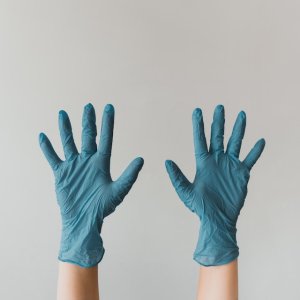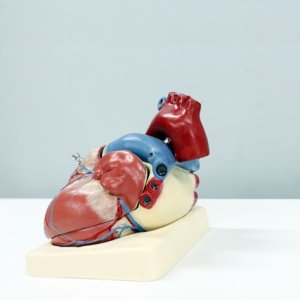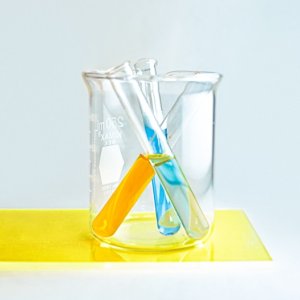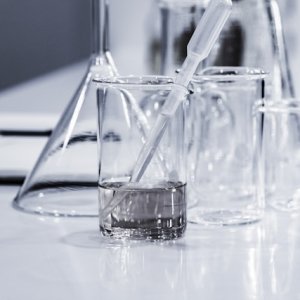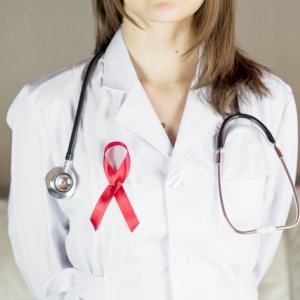Cofepris Demanding Stricter Production Standards

STORY INLINE POST
Q: What advantages does Rossbach offer to its Mexican clients as a distributor of precision instruments?
A: Above all, we offer expertise. For the past 50 years, we have built significant know-how and what I call “know-who.” Knowing a lot of people in the public and private sectors means we can provide a channel for our clients to build their presence in the Mexican market. I see Rossbach as an embassy that acts as a representative for companies abroad.
Q: How relevant is the health sector for your current operations?
A: Our relationship with the health sector is largely in the industrial area. We work with pharmaceutical companies, offering our solutions for monitoring all kinds of environmental and climatic conditions at industrial plants. Our products in this area are practically all from Vaisala, although we include other brands in certain projects.
Companies that seek our services tend to have two demands: meeting quality standards and regulations and increasing operational efficiency to cut costs. In many cases, to meet a norm, a company chooses to use traditional methods to measure quality standards. This means buying their own measurement equipment and having someone periodically download information manually to write a report. However, this takes time and manual labor, which means extra resources and money, and it does not provide continuous access to information. Our solutions, on the other hand, provide real-time data of all the critical points defined by the company at the click of a button. The system can include indicators of all types and alarms when limits are breached. Even though the initial investment may be higher, it will cut costs in the long term, save time and offer far better data.
Q: What do you see as the more pressing need in terms of monitoring devices?
A: The technology already exists. What is necessary right now is to raise awareness of the need for these products. Many pharmaceutical companies have their headquarters in the US or a European country but build their production plants in different parts of the world. Our monitoring systems allow these companies to track conditions at any plant regardless of its location. This gives far more control and improves response times in case there are problems.
There is a fundamental difference between waiting for something to happen and preventing something from happening. For example, if temperatures change rapidly at a plant due to weather fluctuations, production can waver. We have had clients that were losing up to 30 percent of their production on bad days before they started working with us. Our data provides a detailed overview of risk factors and ensures companies can better anticipate changes in working conditions. More importantly, however, is that these technologies have a real impact on the health sector’s evolution. Ensuring medicines are produced and stored under the right conditions is vital for patient safety. COFEPRIS is also becoming stricter in its standards and their enforcement, demanding more conditions be measured and reported. This is making our solutions increasingly necessary.
Q: How have your solutions been received in the health market and what opportunities do you see for further growth?
A: We have had positive experiences with large pharmaceutical companies. We have also helped smaller companies to meet FDA regulatory demands so that they can export to the US. We have a strong interest in Mexican producers of generic medications. The opportunity in the generics market is huge, especially in Latin America, and we should work together to strengthen this sector.
In the area of refrigerated transport and distribution, we have come to an agreement with Lufthansa to monitor its distribution center in Mexico. In climate-controlled operations, you need to be able to track factors like humidity and temperature every single minute. Our systems allow Lufthansa to monitor cargo from the moment it leaves a client’s plant in Germany until it reaches its final destination in Mexico.


